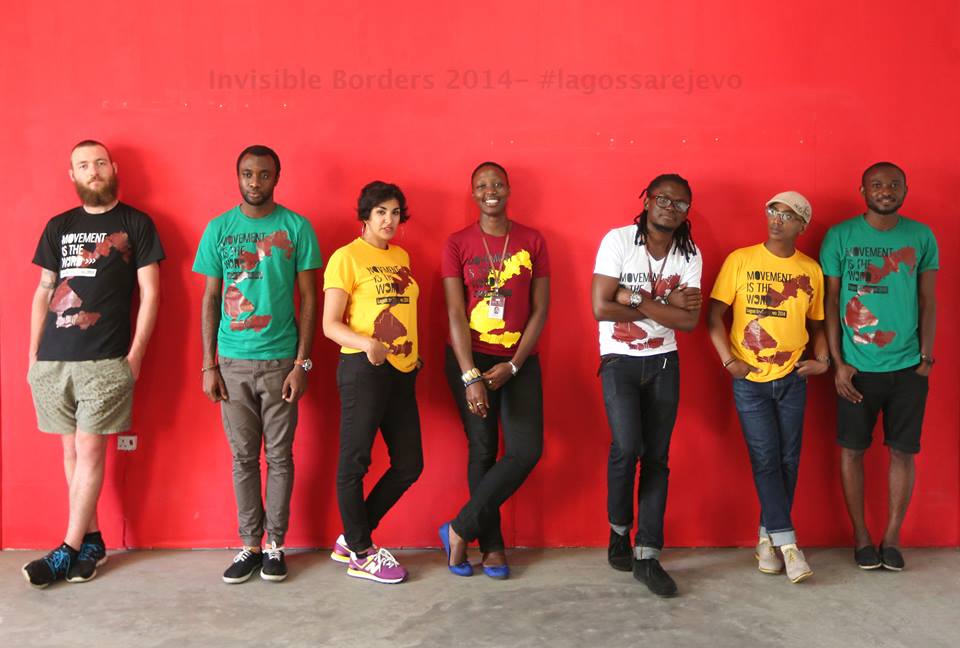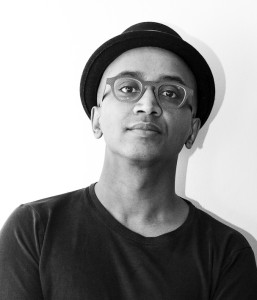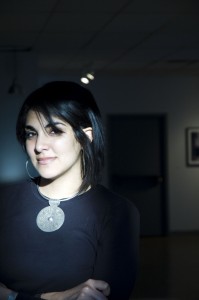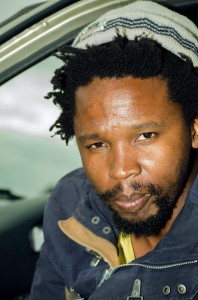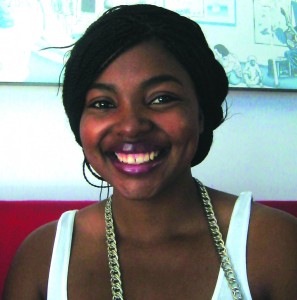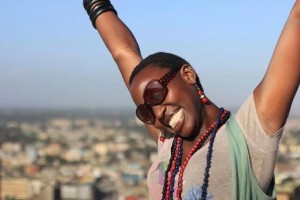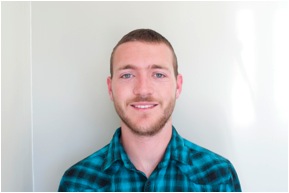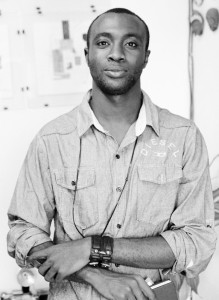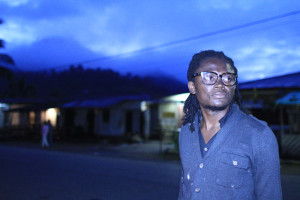
Prince Claus Laureate 2014: Invisible Borders
About:
Participants ‘Invisible Borders.
Since the inception of Invisible Borders Trans-African Road Trip Project in 2009, we have accumulated a sizable amount of materials in the form of images, videos and written works. It is our wish to make this available to the public in various forms – to institutions, Media Agencies, schools, students, researchers, collectors, professionals in the arts, non-profit organisations etc. The Invisible Borders Archive is a platform where this is made possible. In this archive you will find images, and video produced by artists who participated in the all editions of the road trip project. The textual materials can be found in our blog categorized into various editions and topics.
Participants of Invisible Borders are dedicated to creating works, which portray the dynamism, richness as well as contradictions of the various modes of existence of the African people. In doing this, they reject a simplified notion of Africa nor a tidy definition of it, but instead hopes to create an archive of works which “complicates” the depiction of contemporary Africa, one which sees the continent as work-in-progress, rather than a foregone conclusion.
This is what this archive represents.
Our vision is to grow this archive into the largest resource depicting urban contemporary Africa through images and videos as well as text. The materials in this archive are equally available for sale and the money made is used to support the activities of the organisation and the artists who volunteering in administration of it.
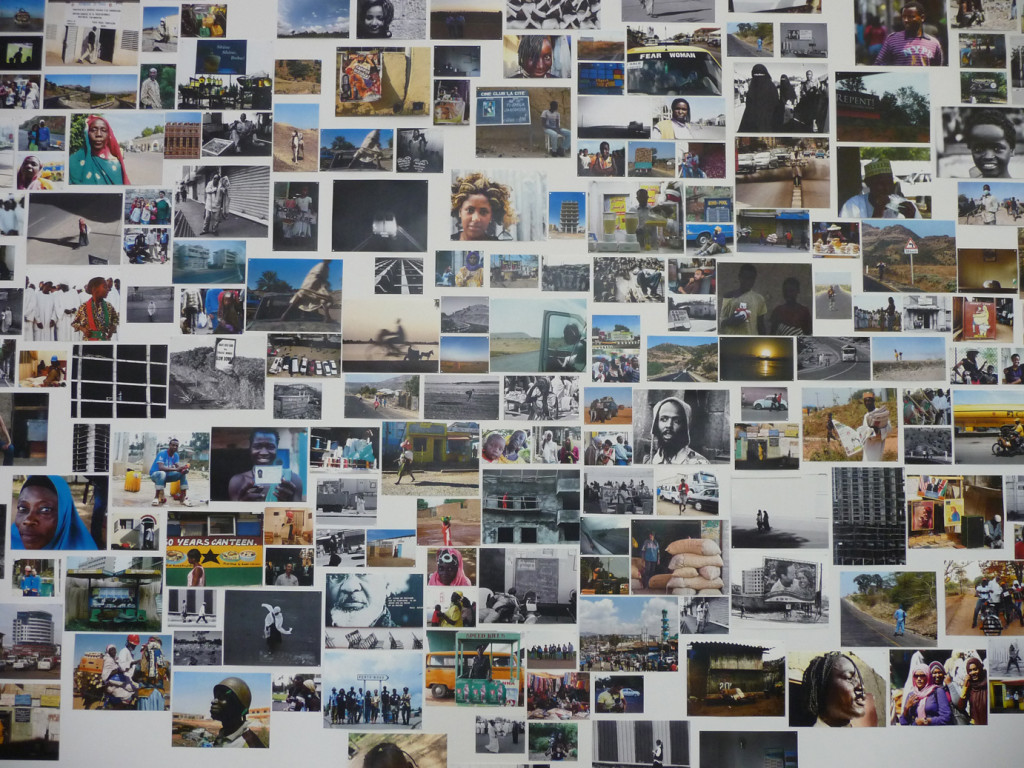 Exhibition View.
Exhibition View.
Participants of the 2014 Road Trip
Dawit L. Petros is a visual artist from Eritrea by way of Canada and New York. Working with photographs, installations, research, and writing his practice centers around a critical rereading of the relationship between African subjectivity and European modernism. His work is situated within a paradigm that re-evaluates theoretical and historical arguments to better navigate the complexities of the contemporary landscape’s experiences of displacement, place-making, and cultural negotiation. His projects have been mapping African immigrant spaces in an array of localities around the world – Addis Ababa, Nairobi, Dakar, Sao Paolo, and Harlem – while bringing into a critical light the numerous borders both visible and invisible that these communities cross.
Dawit’s works have exhibited at museums and galleries across the US, Canada, Africa, and China, including the Museum of Fine Arts, Boston; National Museum of African Art, DC; Studio Museum, Harlem; Royal Ontario Museum, Canada; Addis Foto Fest, Ethiopia, and Dak’Art Biennale, Senegal. He was a recent fellow at the Whitney Museum’s Independent Study Program and is the recipient of numerous awards, grants, and residencies. He has lectured extensively on the history and practice of photography and the intersection of globalization and contemporary African art.
We are interested in how Dawit’s formal approach may rupture or add new dimensions to the spontaneity we have so far embraced on the Road Trip, but we are also anxious to see how participation in the project will enable him to ‘undo’ aspects of his practice.
Dawit Says: “In my practice, art has never been only about the production of objects but an invaluable means with which to restructure relationships between objects, ideas and the larger world itself. The objectives of the road trip are closely focused upon the building of spaces and events through which a reconsideration of broader political, social and economical forces of globalization and the movement of people, ideas, images and sounds that accompany it can occur.”
Heba Amin is an Egyptian artist and scholar working between Cairo and Berlin. She works primarily with film and video, with an emphasis on new media art and architectural theory. She has exhibited in corners far and wide, including USA, Egypt, Germany, UK, Poland, Greece, Austria, Australia, Georgia, South Korea, Mongolia, and Slovenia. She has won numerous awards and scholarships, including the DAAD Stipendium, Berlin and Rhizome Commissions Program, New York, and has participated in conferences in Germany, Egypt, the US, Italy, Greece, and Latvia.
Heba has also spent months living with Bedouin tribes in Egypt, and has also participated in world class residencies and exhibitions. Expectedly, her work on the road trip would bring to fore her work in digital technology and archiving as manifest by her Project Speak2Tweet, which mashed up Speak2Tweet messages from the period before Mubarak’s fall with footage of abandoned structures leftover from the corrupt dictatorship.
Heba Says: “A by-product of my colonized ancestors, I had a Western education in Egypt, I continued my university studies abroad and learned to function between languages, between cultures, and between ideologies. My artwork confronts the gaps in the discourse of a region dominated by a Western narrative abroad. As such, I see it as my role to relay something intimate, something personal and something human through my own experience as someone who is able to negotiate the terrain of often clashing cultures.”
Breeze Yoko is a Johannesburg-based multimedia artist specialising in video/film and graffiti. Yoko first made his mark on the underground scene in his hometown, Cape Town, in the late nineties as a member of the hip-hop collective Groundworks. He has participated in the Berlinale Talent Campus, and in urban art projects in South Africa, Botswana, Mozambique, Senegal, Germany, France, and more. His films have won awards at the Tricontinental Film Festival, South Africa; Sienna Film Festival, Italy; and Dak’Art, Senegal. Breeze’s whimsical yet powerful murals unfurl a kind of humanity and beauty that re-imagine their environments. His work is informed by global street culture and the universal language of hip-hop. It is concerned with pan-Africanism, and the reclaiming and forging of old and new “schemes, forms and strategies” (as Biko put it) in the realms of culture and politics.
His persona suggests a balance and good-naturedness that will undoubtedly play a major role in his work during the road trip. He appears ready to be unembarrassable about the experiences he will have on the trip, especially in relation to the eventual work created.
Breeze Says: ”Growing up on the turbulent streets of Gugulethu during apartheid, there was graffiti everywhere. There was one particular wall which had a very big tag in red paint that read, ‘Biko Lives’. I had often looked at the wall but never paid much attention to it because it was just another name of the many missing and jailed freedom fighters of that time. One day, when I was only 9 years old I walked past that very same wall and noticed that ‘lives’ had been crossed out and “rots in hell” had replaced it in the very same red paint. Perplexed, I started asking my mother who Steve Biko was and why he was he rotting in hell?? This is how my socio-political awareness and life as an artist began.”
We cannot wait to see the kind of graffiti he will make through all the environments we journey through, as well as the balance and good nature he will bring to the group.
Lindokuhle Nhlakanipho Nkosi, a writer from South Africa whose work textual work often merges with installation and performance. She has written for Mahala, Chimurenga, Africa Is A Country, City Press, Elephant Magazine, Red Bulletin, and Timeslive, and she has curated exhibitions and projects at galleries and in the public space. While floating across different genres – journalistic, reflective, experimental – her work is consistently insightful, rich in textures, and engaged with realities.
Lindokuhle’s work as a writer, curator and project organizer is fervent in its radicalism, its honesty and willingness to engage her environment, and communities on the periphery. Beyond her writing, she has also engaged in interventions that explored the realm of performance employing a mixed media of texts, installations and conversations. This sort of energy, and fluidity between layers of thought processes is indispensable on the road trip.
Linda says: “I started writing professionally because I felt that South Africans, particularly black South Africans were lacking in honest narratives and representation. And where this narrative does exist, it seems to always dichotomise or set us apart. Black from white. Good Black from Bad Black. South Africa from the rest of Africa…It is our duty as creatives to populate the gaps and voids with stories of ourselves, but must importantly, to find a new way and new manners of speaking about ourselves that do not exoticise or fetishize our existence. For us to exist, not despite or in spite of life, but as a function of life itself.”
Renee Mboya, a writer from Kenya who works in fiction and narrative non-fiction. She has published work in Art Life Magazine, East African Standard Newspaper, Kwani?, and others. She worked as Programs & Marketing Officer for Kuona Trust Centre, and in curatorial, editorial, and project management for Gallery Watatu, Kwani Trust, and Generation Kenya. Her sharp writing has a gritty honesty and fearless approach in the telling of realities.
Along with multi-faceted experience and sharp talent, Renee brings a sense of adventure that embodies a straightforward urgency, yet temperance and vision. Her voice is clear, sharp and generous. Without doubt, participating on the road trip would strengthen her work, which she considers to be that of an archivist and documentarian of the experiences of her generation.
She says, “I feel a responsibility through my craft to collect the very significant shifts that are occurring in creed and culture at this time of seismic change in the ways in which people interact.”
Angus MacKinnon is a 22-year old Photographer from South Africa. He graduated from the University of Cape Town’s Michaelis School of Fine Art with a BAFA in 2013 and currently works between Cape Town and Johannesburg.
His work deals predominantly with people who live on the periphery of society. He is interested in subcultures and phenomena that exist outside of the standard field of view.
For the Road Trip Angus plans on grappling with his identity as a white African; how this is interpreted and what it means. The geographical juxtaposition from the beginning of the trip in Africa to the end in Europe allows for compelling engagement with the vestiges of colonialism and an opportunity to examine it from within.
Emmanuel Iduma‘s novel, Farad, was published in Nigeria in 2012 (Parresia) to wide acclaim. He is co-founder of Saraba Magazine, editor of 3bute.com, and Director of Research & Concept Development of Invisible Borders. He is co-editor of the forthcoming anthology of interviews and short stories Gambit: Newer African Writing (The Mantle/McNally Jackson). In 2011 and 2012, he was in-house writer/blogger for the Invisible Borders Trans-African road trip from Lagos to Addis Ababa and Libreville respectively. He was longlisted for the Kwani? Manuscript Prize in 2013.
Iduma’s recent writings show his attempt to become more generous and honest in his writing about art from Africa. We are interested in how he would further promote the ideas that he began to explore during the last two editions of the road trip.
(see also the essay he wrote for Africanah.org)
Emeka Okereke, born in 1980, is a Nigerian photographer who lives and works between Africa and Europe, moving from one to the other on a frequent basis. He came in contact with photography in 2001. He is a member of Depth of Field (DOF) collective, a group made up of six Nigerian photographers. Presently, his works oscillate between diverse mediums. He uses photography, poetry, video and collaborative projects to address issues pertinent to his convictions. His works deal mainly with the questions of co-existence (beyond the limitations of predefined spaces), otherness and self-discovery. Often times they are subtle references to the socio-political issues of our times.
Another aspect of his practise lies in project organising which artistic interventions to promote exchanges cutting across indigenous and international platforms. To this effect he organized the first ever photographic exchange projects between a school in France and one in Nigeria involving the Fine Art School of Paris and Yaba College of Arts and Technology Lagos. He is the Founder and Artistic Director of “Invisible Borders Trans-African Photography Project” an annual photographic project which assembles up to ten artists from Africa towards a roadtrip across Africa. There has been three editions of the project since 2009. Through Emeka Okereke Photography & Projects, he co-ordinates projects based on exchanges. The most recent of these projects include: Crossing Compasses, Lagos-Berlin Photo Exchange (May – June 2012) and Converging Visions: Nigeria – Netherlands Photo Exchange (June – September 2012)
In 2003, he won the Best Young Photographer award from the AFAA “Afrique en Création” in the 5thedition of the Bamako Photo Festival of photography. He has a Bachelors/Masters degree from the National Fine Art School of Paris and has exhibited in biennales and art festivals in different cities of the world, notably Lagos, Bamako, Cape Town, London, Berlin, Bayreuth, Frankfurt, Nurnberg, Brussels, Johannesburg, New York, Washington, Barcelona, Seville, Madrid, Paris, etc. He has also won several awards both in Nigeria and Internationally.
Although he is the artistic director of the Project, we are equally excited about Emeka’s participation because we believe he would draw on the strength of the success of his past work on the road trip, which combines elements of performance, with that of spontaneity.

